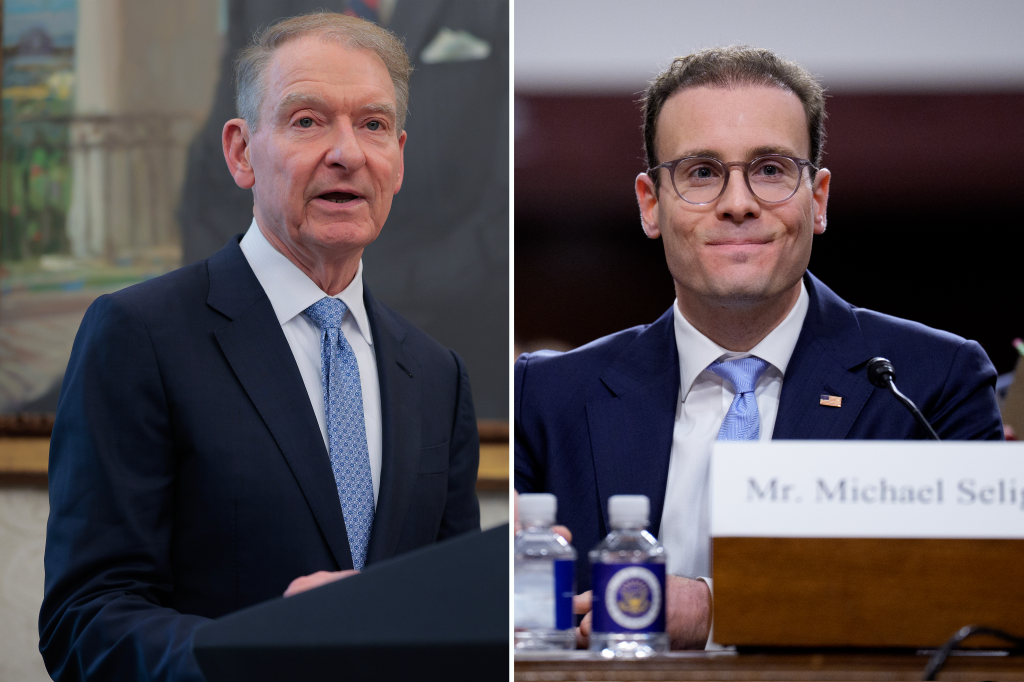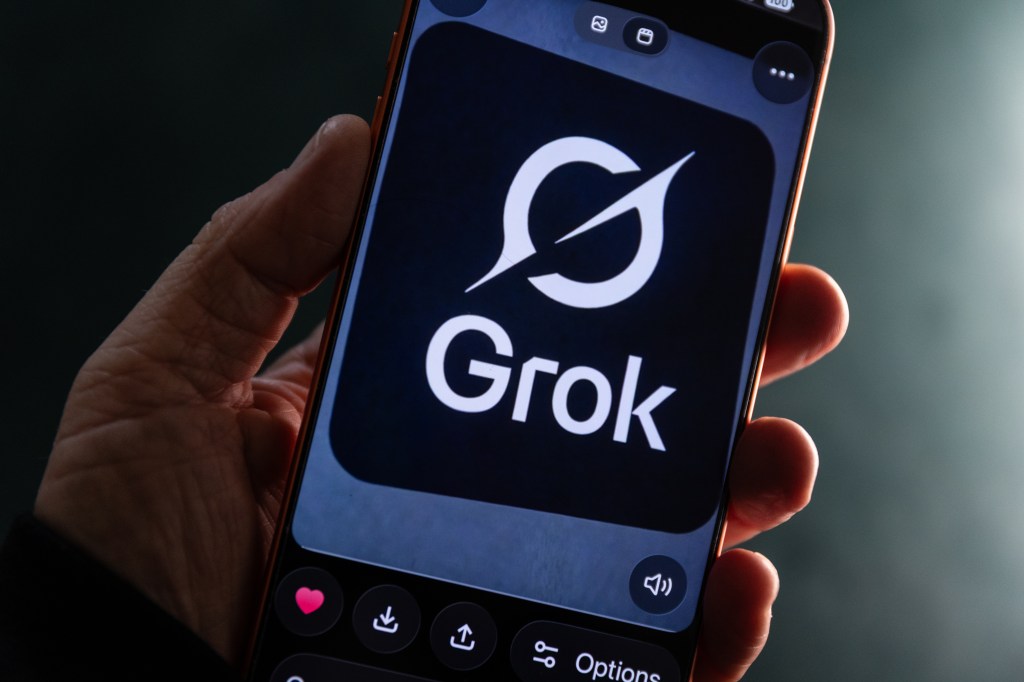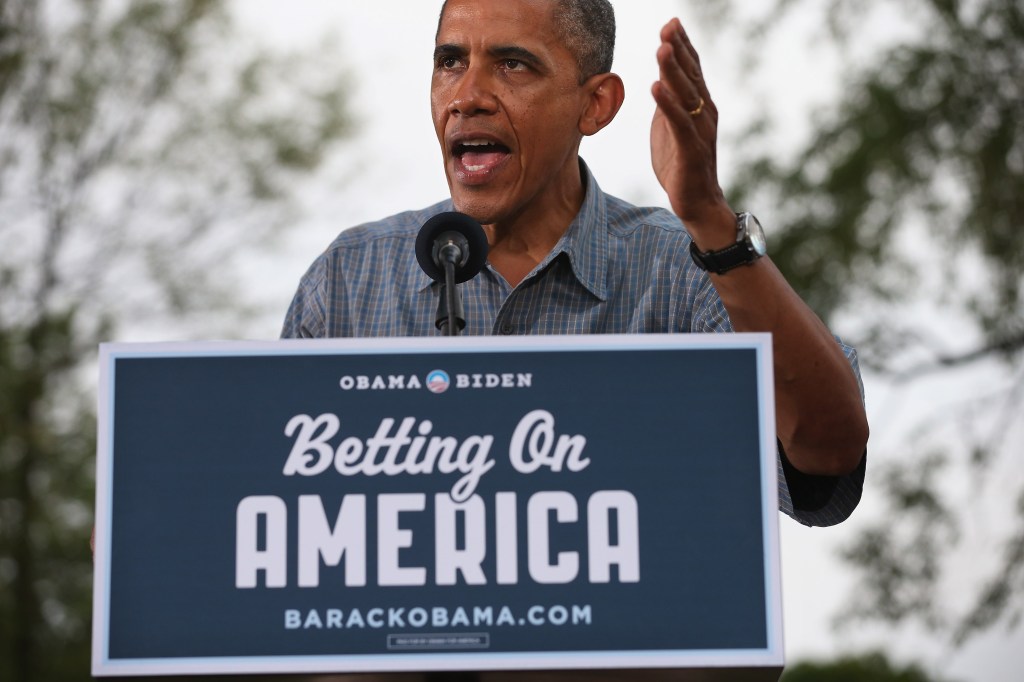Federal judge Jia M Cobb has overturned a Commodity Futures Trading Commission order to refuse US predictions marketplace Kalshi the ability to allow betting on election outcomes, but the release of her opinion is still pending.
In the order, the CFTC cited Commodities Exchange Act Section 5c(c)(5)(C),
Kalshi
Register for free to keep reading
To continue reading this article and unlock full access to GRIP, register now. You’ll enjoy free access to all content until our subscription service launches in early 2026.
- Unlimited access to industry insights
- Stay on top of key rules and regulatory changes with our Rules Navigator
- Ad-free experience with no distractions
- Regular podcasts from trusted external experts
- Fresh compliance and regulatory content every day













